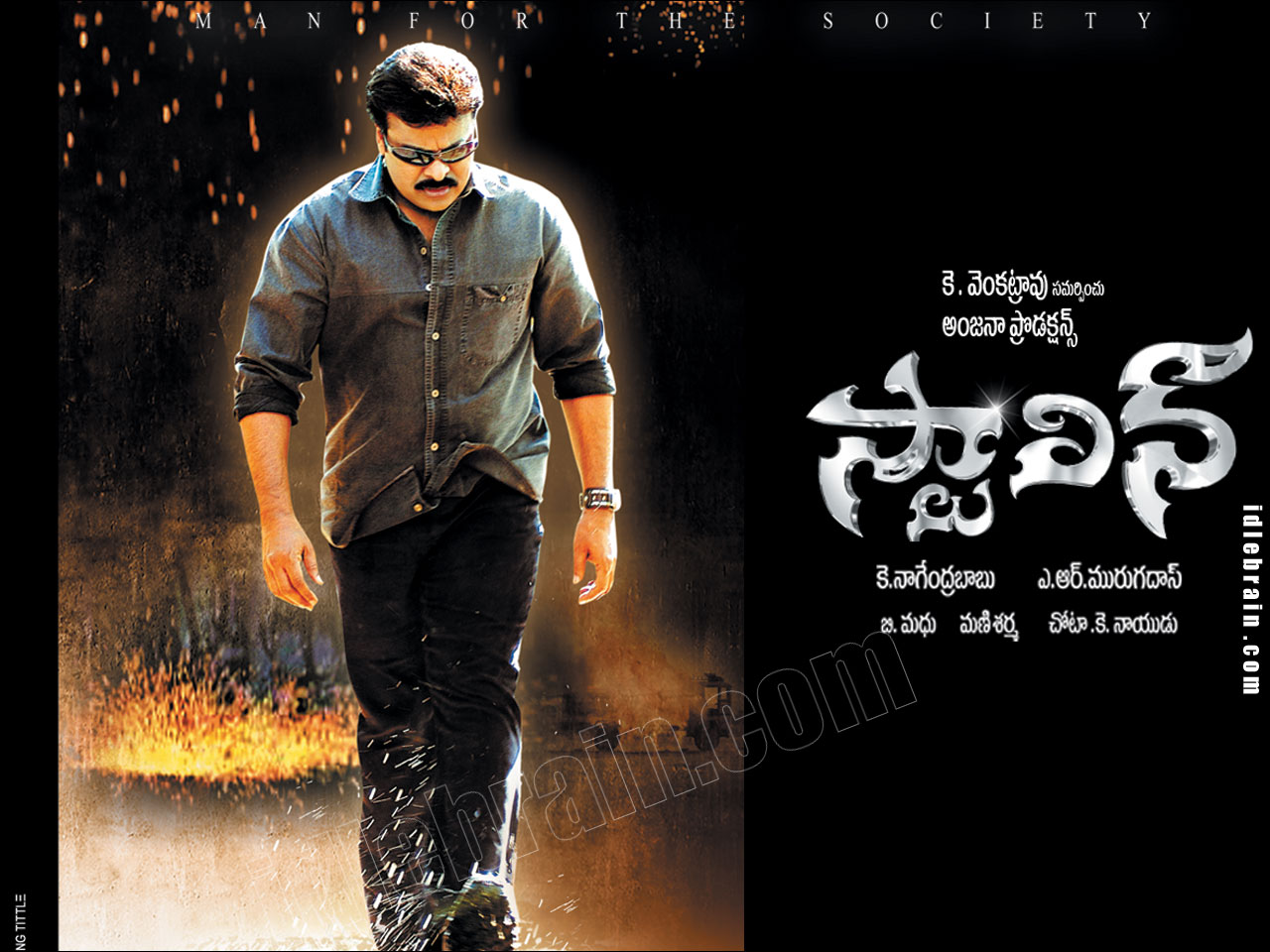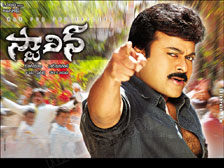
There were major differences from one dictator to the other. Some of them wanted to see themselves portrayed as heroes on screen…

The five dictators you cover in your book had different ways of dealing with their own portrayal in film. He found a reflection of such conflicts in British colonial films, in which he recognized conflicts between a conservative father and a less conservative son. He also had in mind the Prussian conflict between the old king Frederick William and his son who'd succeed him, Frederick the Great. Hitler was also searching for portrayals of father-son conflicts in film, in reaction to his own complicated family background. One of Hitler's favorite films: 'Viva Villa!' (1934) stars Wallace Beery (left) as Pancho Villa Read more: How secret diarists of the Warsaw Ghetto fought against Nazi lies Goebbels, however, didn't want to have the film shown in German cinemas, because he found it too revolutionary and dangerous. Hitler saw himself as the people's revolutionary. One of his favorite films was, for example, the Hollywood production Viva Villa!, a movie about the Mexican revolutionary Pancho Villa. He was looking for himself in films he had a strong urge to develop his biographical self-awareness. But he never managed to obtain something similar German war films were always too solemn, compared to the American or the British ones. Miniver from 1943, which centered on a family during the war. His model for this was the Hollywood film Mrs. He also envisioned German war films with a civil approach. Goebbels wished to reproduce the Americans' success. Goebbels and Hitler were both fans of British and Hollywood films, as several historians have found, which appears contradictory to German propaganda films. Goebbels, however, remained true to his interest in cinema, and that continued through his political role as film censor, since in 1933, he was appointed Minister of Public Enlightenment and Propaganda and that's how he started managing German film production to reflect National Socialist ideals. He wrote about Scandinavian silent films, observing how the actors' style differed from the Germans'. His first film notes were found in a diary from 1924. Was he quicker to recognize the power of cinema as a tool of propaganda?Īctually, even Goebbels discovered cinema fairly late. By 1933 he had already transformed the entire film industry. Goebbels (in lighter suit) and other Nazi officials going to a film screening in 1936 Read more: Movies under Hitler: between propaganda and distraction So his interest in film went from 1933 to 1939. After that, he would only watch newsreels to follow his own role in them. Hoffmann always asked Eva Braun to sit next to Hitler, and that's how Hitler's interest in film grew - but only until the outbreak of World War II. At some point, Eva Braun showed up she was working for Heinrich Hoffmann. When he went out with his circle of collaborators in Munich in the 1920s, they didn't only go for a beer or to a cabaret revue, but also to the cinema. But he also evolved on his own in this matter.

That was of course Joseph Goebbels' influence. What made him change his mind about cinema? He was still talking about how it shocked him years later, in the middle of the war, in 1943.īut Hitler also became a film maniac, sometimes watching several a day, from 1933 to 1939. It included scenes about syphilis and prostitution. He was shocked by one of his first experiences in a movie theater in Linz, at the age of 16 or 17, where he saw a so-called Enlightenment film. Let's start with Adolf Hitler: Initially, he wasn't a film fan at all. You looked into five dictators and their relationships to cinema. Peter Demetz, born in Prague in 1922, now lives in the US


 0 kommentar(er)
0 kommentar(er)
